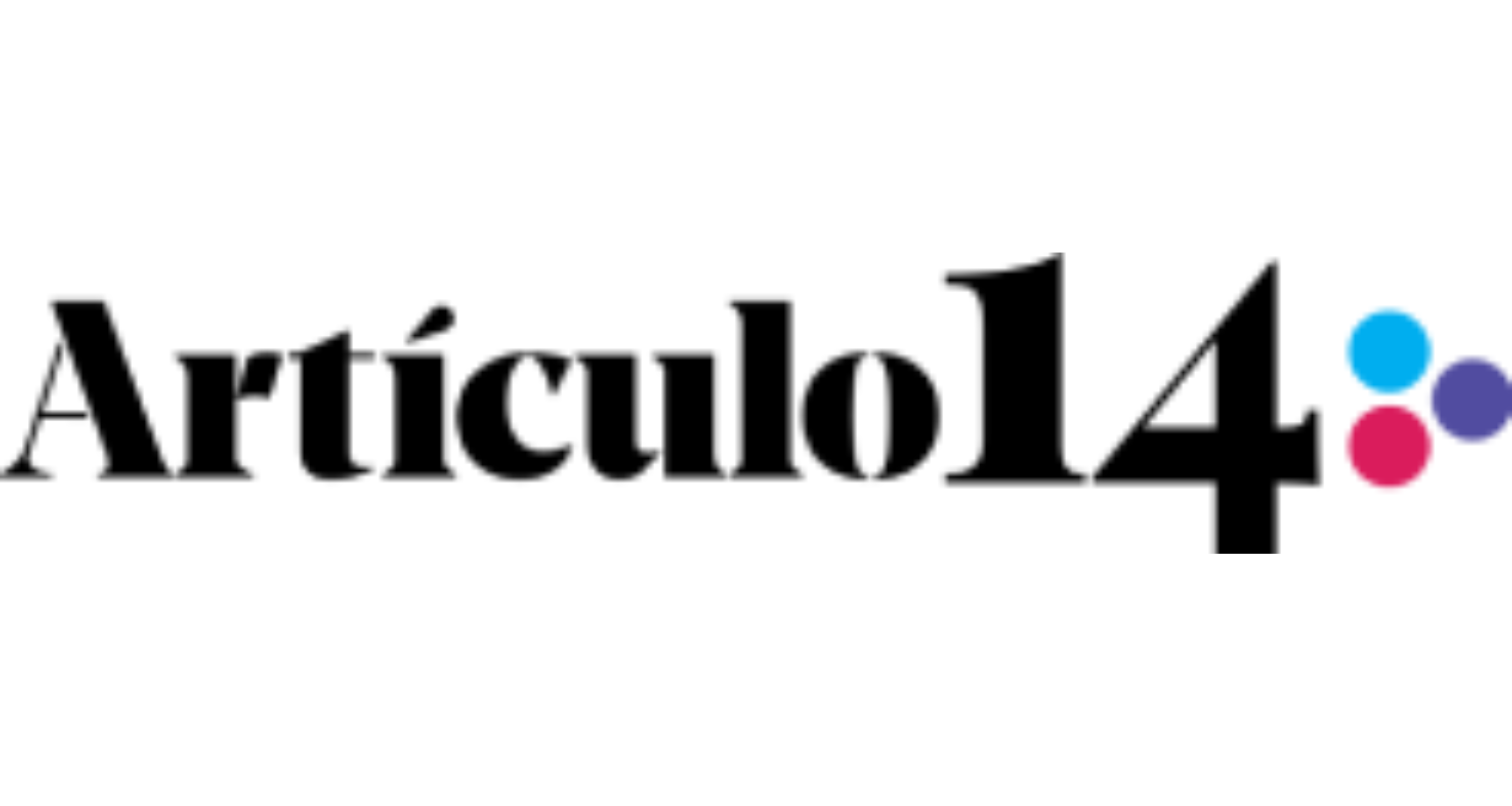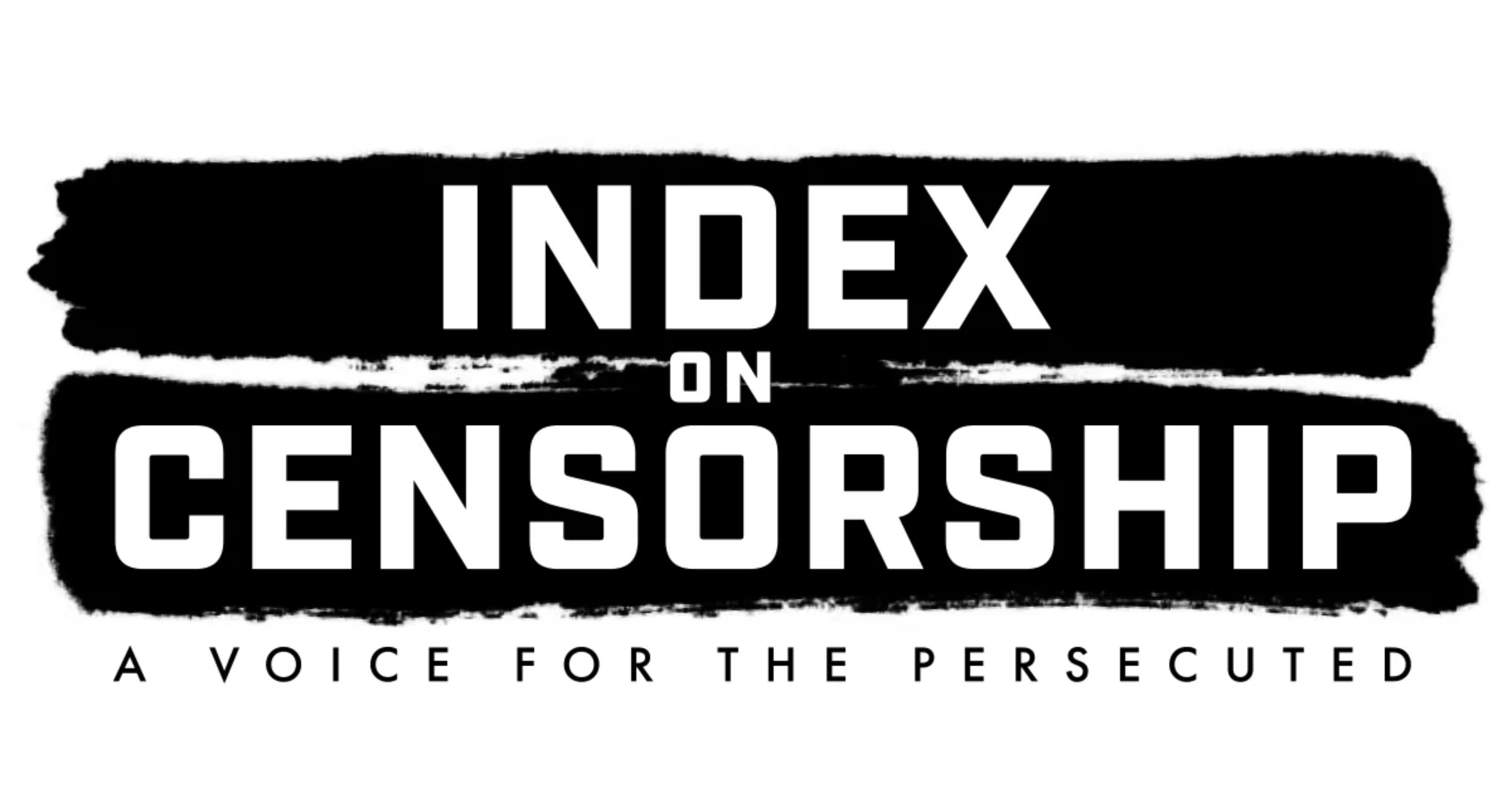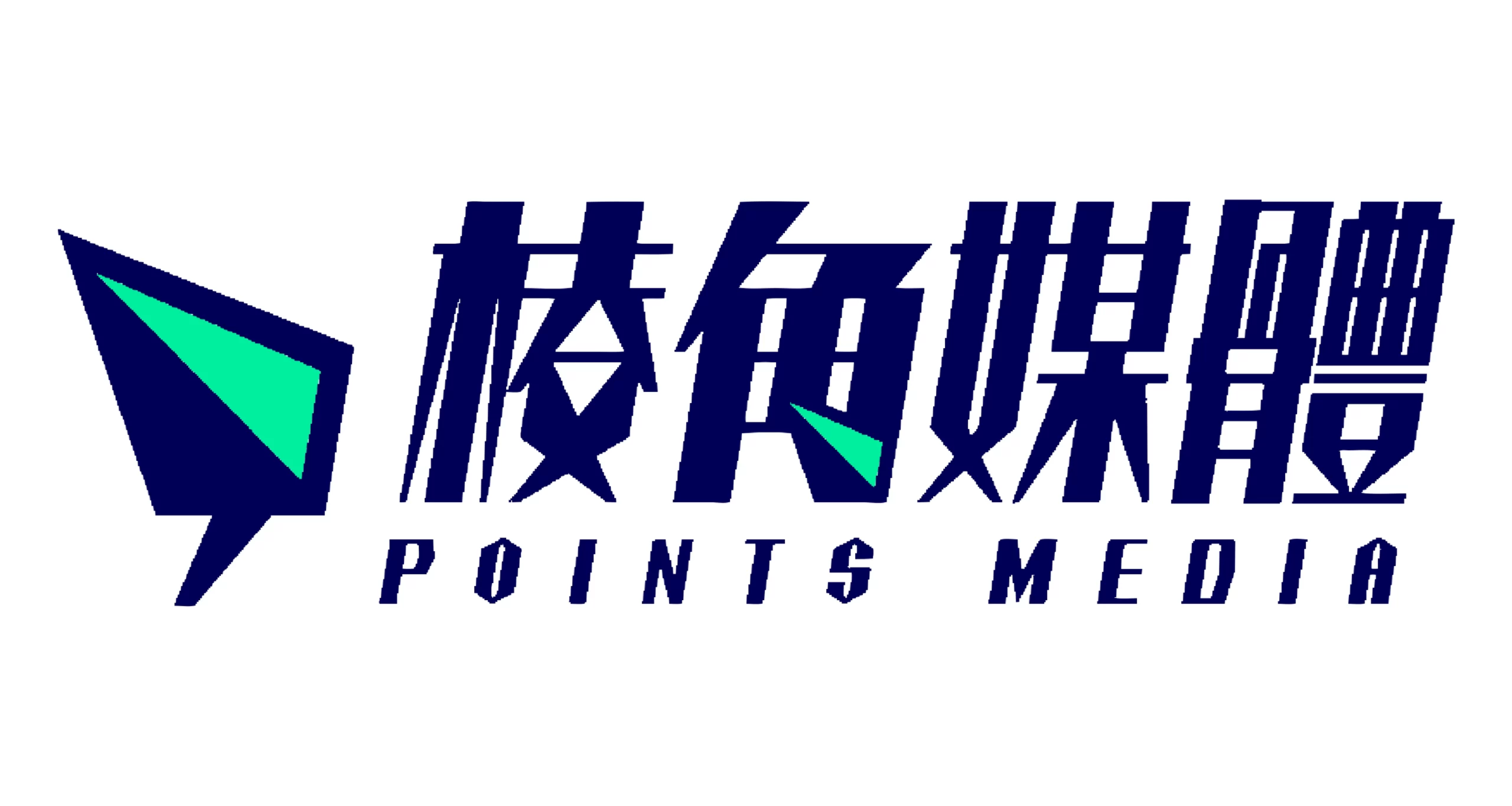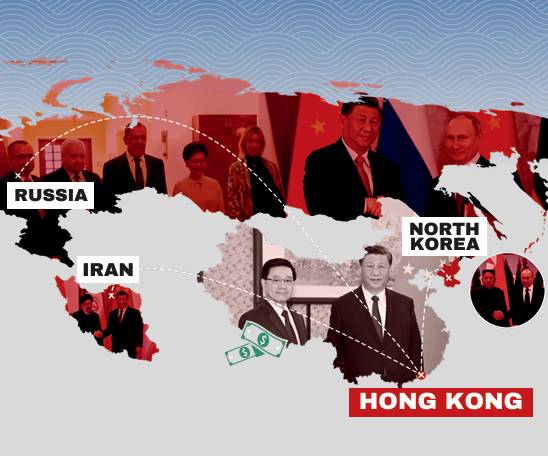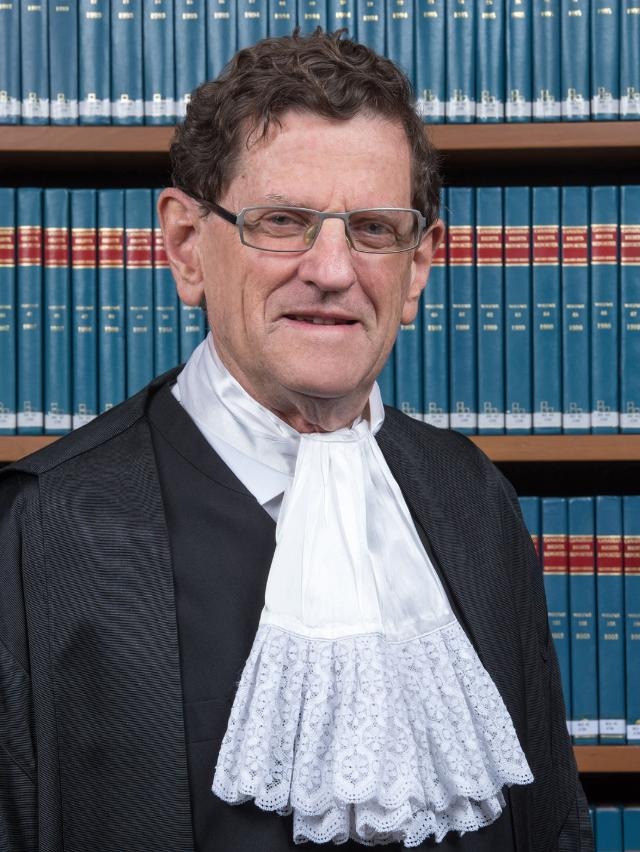This blog is authored by freelance journalist Kris Cheng, who has been writing for Voice of America since 2021.
For decades, Voice of America (VOA) and Radio Free Asia (RFA) have served as crucial sources of independent news for audiences across the world, including those in Hong Kong and mainland China.
The loss of these outlets, as looks likely after their budgets were frozen via an executive order from U.S. President Donald Trump, would have profound consequences – not only for the people who rely on their reporting but also for the Hong Kong and Chinese governments, which now have fewer voices calling out their repression.
Since the enactment of the National Security Law (NSL) in 2020, more than 1,000 Hong Kong journalists have lost their jobs and more than a dozen media outlets have been shut down by the government or disbanded. A cohort of Hong Kong journalists continued our work at VOA and RFA inside Hong Kong, Taiwan, and the UK, as well as in the U.S., as these news outlets provided a free and stable environment for us to keep reporting the news.
The closure or weakening of VOA and RFA would remove one of the last remaining channels for factual, uncensored reporting on topics that Beijing and the Hong Kong government seek to suppress. In recent years, the audience in Hong Kong and around the globe, hungry for truthful information, have consistently turned to VOA and RFA, swelling their global audiences to more than 350 million and 58 million people, respectively.
After I moved to the UK, I carried on reporting, in Cantonese and English, on the activities of the Hong Kong national security apparatus, ensuring people in Hong Kong and the global diaspora had access to the truth. Recently, I broke two exclusive stories for VOA on letters received by the neighbours of exiled Hong Kong activists Tony Chung and Carmen Lau, both of whom have been issued with a HK$1 million bounty by the Hong Kong national security police.
While working at VOA, Kris Cheng broke the story of letters incentivising neighbours of
Tony Chung and Carmen Lau to hand over the UK-based Hong Kong activists to the Chinese embassy in London. (VOA)
The letters claimed that by taking them to the Chinese Embassy in London, the residents could receive the bounty reward. These reports shed light on the transnational repression tactics used by whoever was behind the letters and sparked an urgent debate in the British parliament, during which MPs discussed the threats facing exiled Hong Kong activists on the basis of my reports.
I have also consistently covered the challenges faced by current and former political prisoners in Hong Kong. In 2022, I reported on the “brainwashing” measures used by the Hong Kong Correctional Services Department to “de-radicalise” jailed pro-democracy protesters inside local prisons, as authorities forced them to watch video clips praising China and government social workers tried to change their political views. These tactics are still ongoing, if not amplified, everyday inside Hong Kong.
At the end of last year, I reported that the UK government’s introduction of an Electronic Travel Authorisation (ETA) system for Hong Kongers would block former political prisoners from ever entering the UK for family visits or to apply for asylum. Less than three months after this report, the UK government decided to remove the requirement.
The decision to hamstring RFA and VOA is taking place against a backdrop of diminishing space for free expression worldwide. In October, I reported that Flow HK, an online magazine run by the Hong Kong diaspora was blocked in Hong Kong, after the U.S.-based web hosting company Automattic declined to follow a Hong Kong police order to take down the website.
Aside from Hong Kong issues, my colleagues at VOA and RFA have done important and irreplaceable reporting on the plight of Uyghurs, Tibetans, and the everlasting threats levied at the Taiwanese people. Without them, these stories would either not be told or would struggle to reach an international audience able to hold Beijing accountable.
Without international scrutiny, conditions will only worsen in Hong Kong and mainland China. The absence of external oversight allows the Hong Kong authorities to act with impunity, knowing there are fewer avenues for whistleblowers to expose wrongdoing. This is precisely what Beijing and the Hong Kong governments want: complete control over the narrative and silence from within.
Without VOA and RFA’s independent reporting, Beijing and other authoritarian actors could more easily flood the information space with state propaganda, presenting a distorted view of reality to both domestic and international audiences. This would be a strategic victory for the Chinese and Hong Kong governments.
Moreover, transnational repression efforts would face even fewer obstacles. The ability to silence exiled dissidents through threats, bounties, and coercion tactics relies on secrecy. The fewer journalists investigating these cases, the less likely they are to be exposed and condemned by the international community.
The erosion of press freedom in Hong Kong is not just a local issue – it is a global one. If independent journalism is allowed to disappear, the repression that has engulfed Hong Kong will only spread further. The world must recognise the role of outlets like VOA and RFA not just as news sources but as essential defenders of truth and accountability in an increasingly authoritarian landscape.


